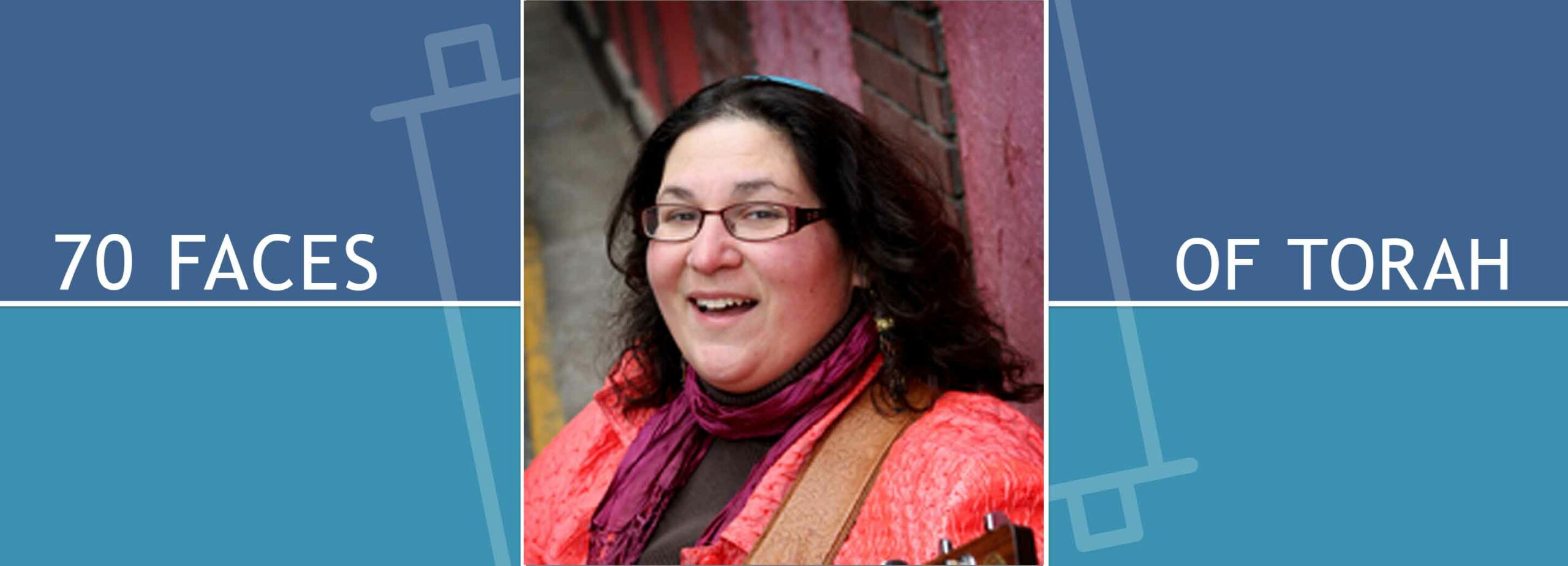Deuteronomy Taste and Know

Parashat Nitzavim-Vayelech (Deuteronomy 29:9 – 31:30)
A bougainvillea flower. The corner of his big sister’s latest artwork. A bit of cracker lost last week and now found. The foil wrapping from the top of a wine bottle. These are just some of the things that my suddenly-crawling-everywhere eight-month-old has managed to pick up from the floor and put in his mouth in the last few days.
As terrifying and guilt-inducing as it can sometimes be to watch, I’m in awe of his growing ability to safely move things into and out of his mouth (he’s definitely still working on the “out of” part). This tasting-as-we-go is one of our first ways of knowing our world and developing a sense of what is good and what is not-so-good in our surroundings.
Of course, our taste can be deceiving—there are some poisonous things that taste sweet and plenty of medicines that taste like poison. But watching this little one figure out how to eat a piece of avocado and spit out the peel renews my trust in our senses as guides to what is generally good in the world.
This week’s Torah portion, Nitzavim-Vayelech, is deeply concerned with how we are going to forge and maintain our covenanted relationship with God, the Source of Life. As in much of the book of Deuteronomy, Moses seems particularly concerned with how the people are going to manage once they enter the Promised Land without him. He is trying to prepare them to lead good lives once his own leadership is gone.
It’s in this context that we hear one of the parasha’s most famous lines “lo bashamayim hi,” meaning, “the Torah is not in heaven, nor is it far across the sea such that we need some kind of hero to go and get it for us and teach it to us.” Instead, we learn, “this thing is very close to you, it’s in your mouth and in your heart to do it.” (Deuteronomy 30:14).
“Heart”—in its biblical context here—refers to the intellect, and there is no doubt that the practice of choosing life—as we are exhorted to do a few verses later—involves a respect for rationality as well as a love of justice.
But the ability to discern the difference between blessing and curse, between good and bad, and even between life and death starts right in our mouths. As the Psalmist insists, we are meant to “taste and know that YHVH is good.” (Psalm 34:9) We are meant to trust our own sensory experience, our own desire to seek more of some things and to turn away from others.
This type of discernment can be especially difficult for those of us who have been trained not to trust our own bodies and especially our own mouths. Many of us are so steeped in puritanism in general and diet culture in particular that even our own tasting and knowing is twisted—what doesn’t taste good is seen as virtuous and what does taste good is seen as “sinful” (e.g., chocolate cake). Additionally, in our society, we are often awash in various attempts to tell us what we lack, to create a feeling of need for all kinds of things (gadgets and gimmicks and self-improvement schemes) that we could actually do just fine without.
It is very easy to become disconnected from our own visceral knowing of what is good. We try to find our way through too many layers of shoulds and shouldn’ts; we try to make decisions based on what we think we ought to want instead of what we really do want. This is true in our human relationships as much as in our people’s relationship with God. A beloved grad school roommate once expressed concern that a man who might be interested in her had a “weak chin.” I’m not even sure what a weak chin is and I refuse to Google it because I believe the point I made then still stands: “You’re looking for the person you want to spend your life with. You need to find someone whose presence makes you feel most alive—not someone whose chin will look good in the movie about your life together.”
And so I am relearning a Torah of tasting by watching my baby’s enthusiastic yet aimless wandering across the floor. Yes, more sophisticated frameworks for living a good life also matter. Morality is important and so far he’s got none of that. Not chewing on electrical wires is also a genuinely important thing to learn. But as we speed through this month of Elul, a time of preparing ourselves for the Days of Awe, days of truly reflecting on what matters most to us in our lives and in our world, I invite us all to take some time to truly taste what is good in our lives and what we are ready to spit back out.
Rabbi Minna Bromberg is a singer, songwriter, rabbi, and voice teacher who lives in Jerusalem with her husband, Rabbi Alan Abrams, and their two children. Believing that singing both demands and teaches an integration of body, mind, and spirit, Minna teaches voice to rabbis, rabbinical students, and lay people who use their voices in leading prayer. She was ordained at the Rabbinical School of Hebrew College in Newton Centre, MA in 2010.

